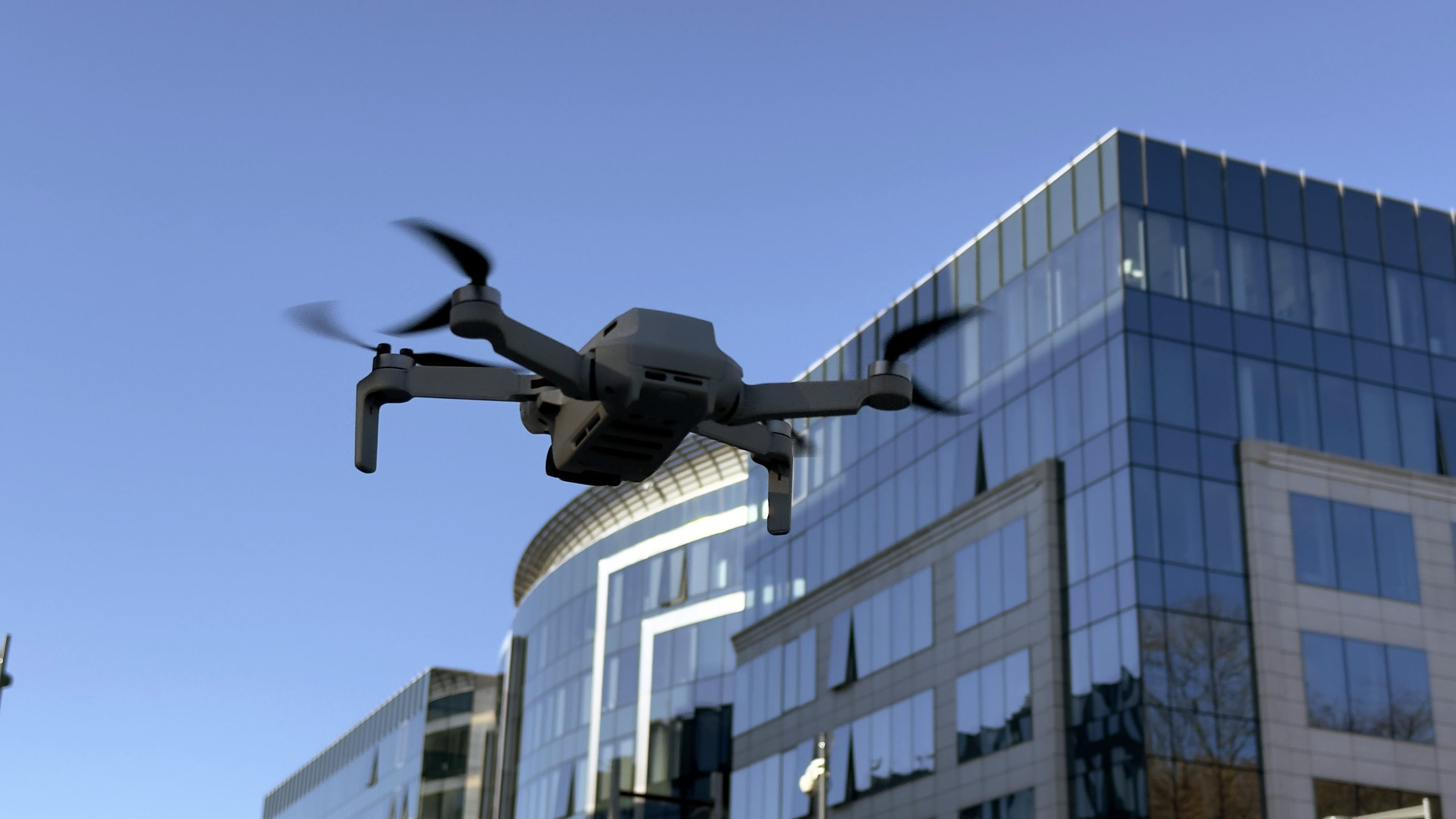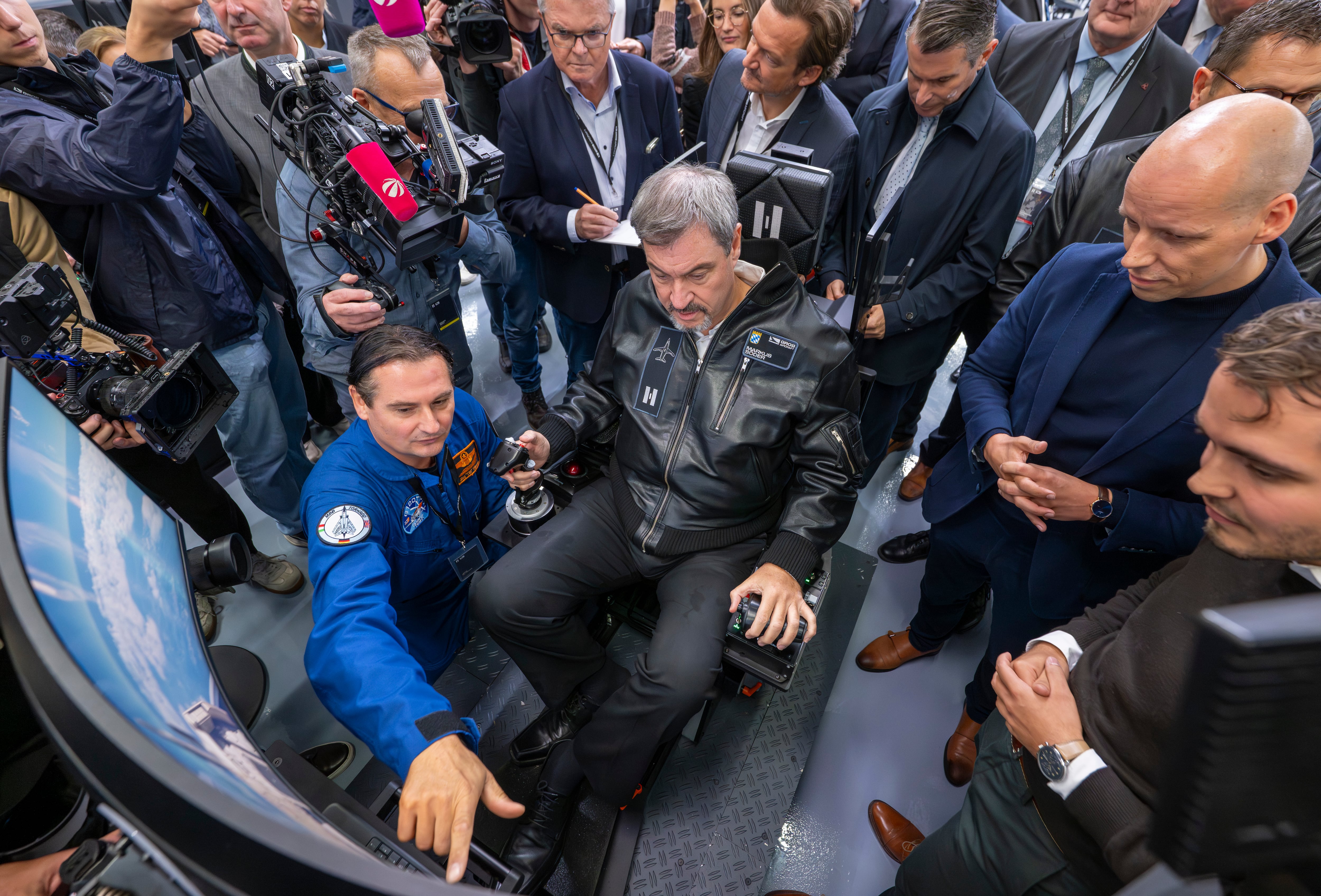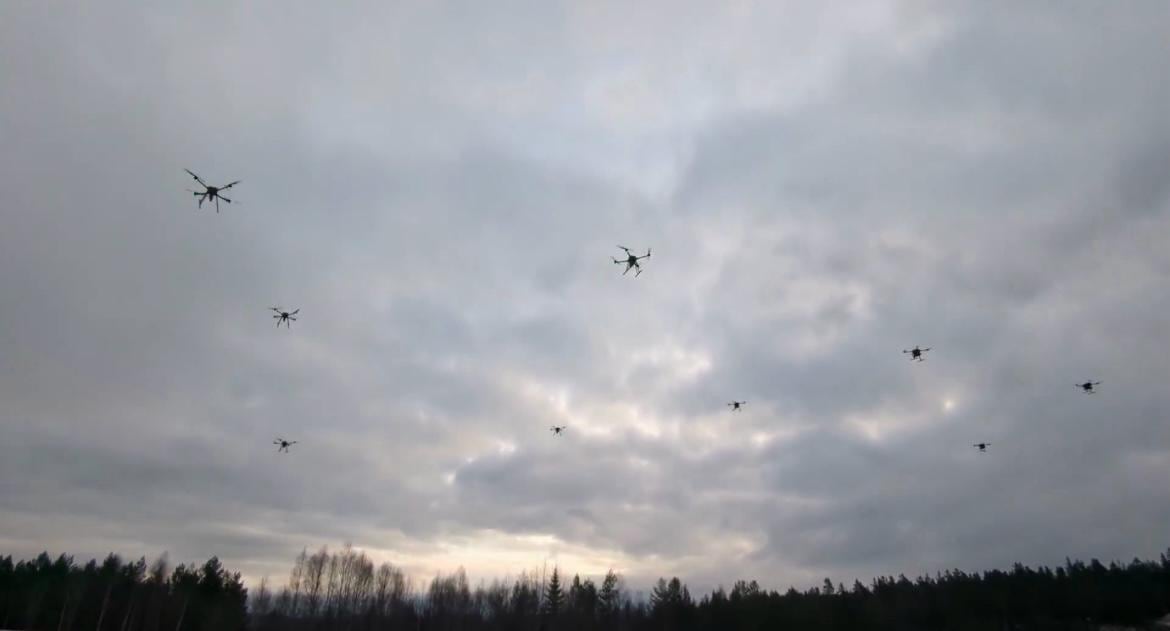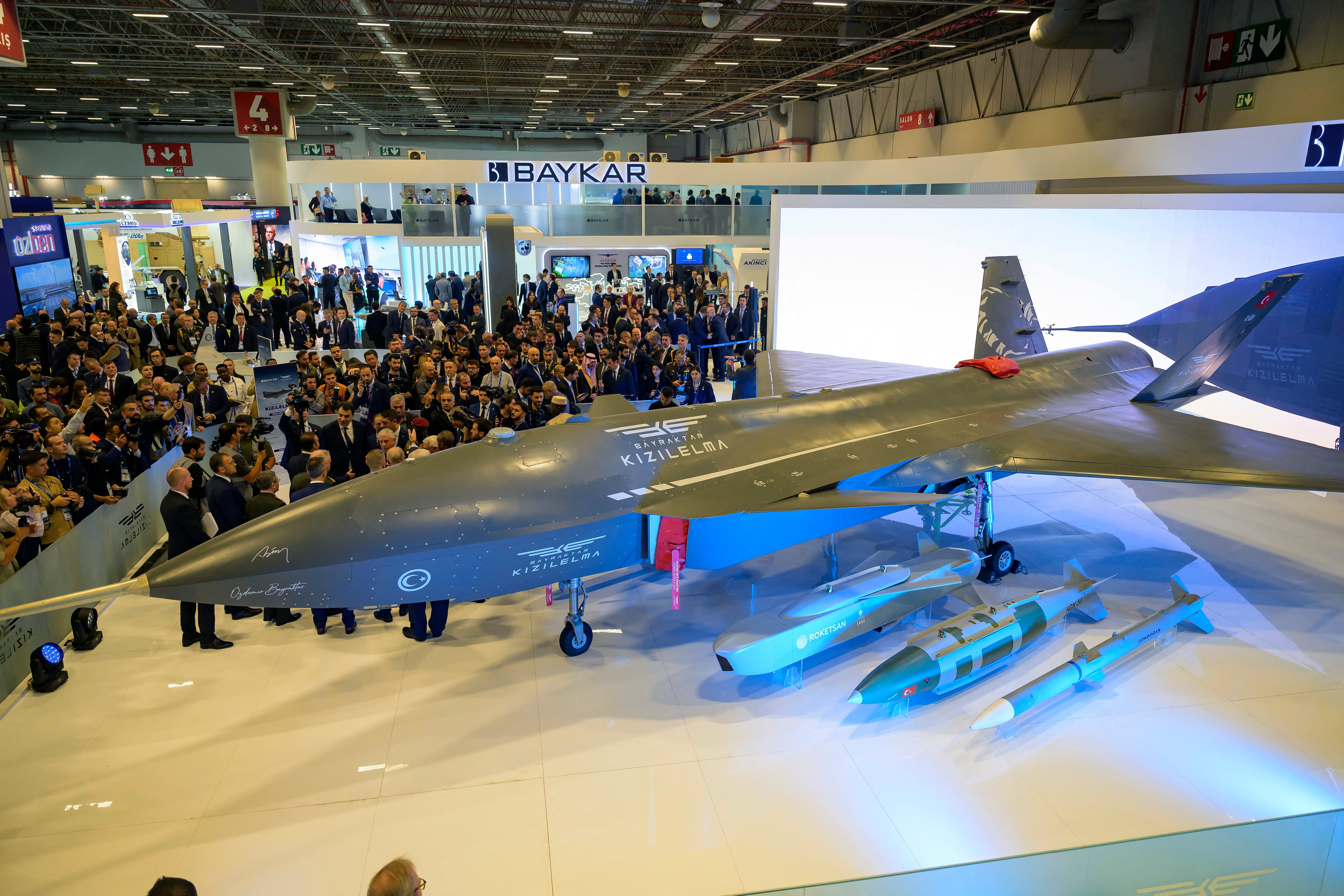The Office of the Director of National Intelligence Friday afternoon released a highly anticipated unclassified version of a "highly classified" assessment detailing Russian activities as they relate to the election-related hacking, finding Russian president Vladimir Putin ordered the incursion and describing it as an "influence operation," the "boldest yet in the U.S."
The report was directed Dec. 9 by President Barack Obama and was briefed to him and President-Elect Donald Trump. While the classified assessment goes into much greater detail, the unclassified summary makes clear from the outset that it cannot include the full supporting information for its findings as a means of protecting sensitive sources and methods.
"Russian efforts to influence the 2016 US presidential election represent the most recent expression of Moscow's longstanding desire to undermine the US-led liberal democratic order, but these activities demonstrated a significant escalation in directness, level of activity, and scope of effort compared to previous operations," the report said.
The report offered judgements with high confidence — a significant threshold — into the potential motives behind the influence operations, which included a goal of undermining the public faith in the U.S. democratic process, denigrating Democratic presidential candidate Hillary Clinton and harming her electability, all while developing a clear preference for President-elect Trump.
Additionally, the report noted a further motive for ordering the operation as retaliation for the Panama Papers disclosure, which provided embarrassing details of offshore accounts of Putin and other Russian oligarchs and which Putin believes was orchestrated in part by the U.S. Putin "sought to use disclosures to discredit the image of the United States and cast it as hypocritical," the report said.
Organs of Russian intelligence conducted cyber operations against organizations associated with the 2016 presidential election of both major U.S. political parties, the report said.
"We assess Russian intelligence services collected against the US primary campaigns, think tanks, and lobbying groups they viewed as likely to shape future US policies. In July 2015, Russian intelligence gained access to Democratic National Committee (DNC) networks and maintained that access until at least June 2016," the report said.
The Russians also intruded into state and local electoral boards using cyber means, according to the assessment, adding Russian intelligence has researched the U.S. electoral process since 2014.
This most recent influence operation involved a messaging strategy, blending covert intelligence operations to include cyber activity and overt efforts by Russian government agencies, state-funded media, third-party intermediaries and paid social media users described by the report as trolls.
Director of National Intelligence James Clapper, testifying before the Senate Armed Services Committee on Jan. 5, described the Russian campaign as "multifaceted" with cyber only encompassing one element.
Various state-run media outlets, such as RT and Sputnik, as well as a network of "quasi-government trolls … contributed to the influence campaign by serving as a platform for Kremlin messaging to Russian and international audiences," the report said.
"Of course RT, which is heavily supported by — funded by the Russian government — was very, very active in promoting a particular point of view, disparaging our system, our alleged hypocrisy about human rights, etc. etc," Clapper said Jan. 5. "Whatever crack they could fissure, they could find in our tapestry, if you will, they would exploit it. And so all of these other modes whether it was RT, use of social media, fake news, they exercised all of those capabilities in addition to the hacking."
Additionally, the report assessed RT collaborated with WikiLeaks, one of the primary outlets that received and released stolen information hacked from U.S. political entities.
The report also points to the fact that Russia, just like it's Soviet predecessor, has a long history in influence operations and election meddling.
"Moscow's use of disclosures during the US election was unprecedented, but its influence campaign otherwise followed a longstanding Russian messaging strategy that blends covert intelligence operations — such as cyber activity — with overt efforts by Russian Government agencies, state-funded media, third-party intermediaries, and paid social media users or 'trolls,'" the report said.
The report noted that the capacities and tactics used during this episode reflect years of investment for which Russia will attempt —
and in fact is already attempting — to employ elsewhere to influence and undermine democracies. These election operations signal a "new normal" in Russian influence efforts the report said, providing it will continue to "develop capabilities to provide Putin with options to use against the United States."
Adm. Michael Rogers, head of the National Security Agency and commander of Cyber Command, described Russia as "the peer competitor," in the Jan. 5 congressional hearing. A joint statement from Rogers, Clapper and Under Secretary of Defense for Intelligence Marcel Lettre described Russia as a "full-scope cyber actor" assuming a more aggressive posture in cyberspace in recent years posing a major threat to the U.S.
Mark Pomerleau is a reporter for C4ISRNET, covering information warfare and cyberspace.








